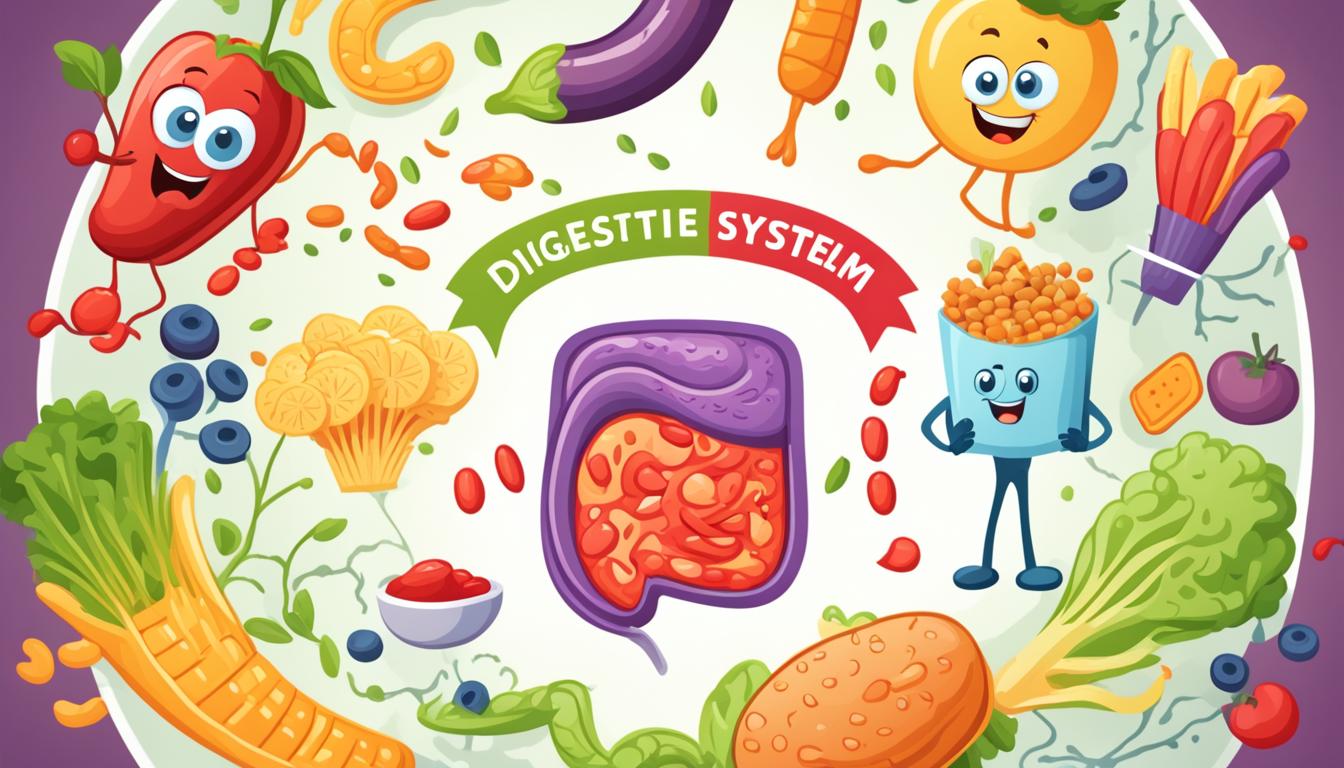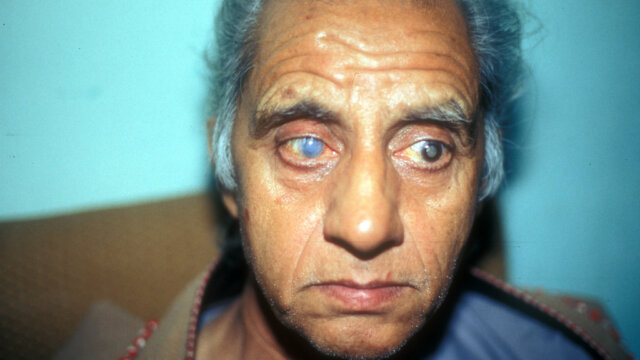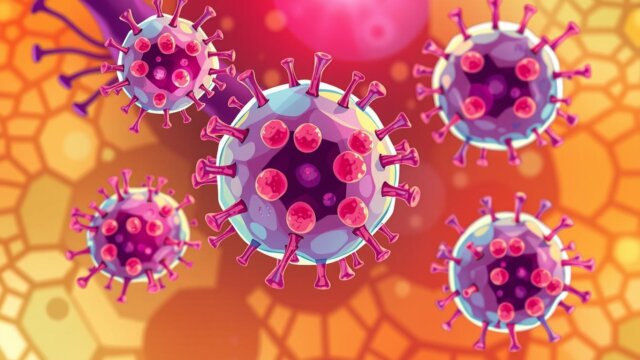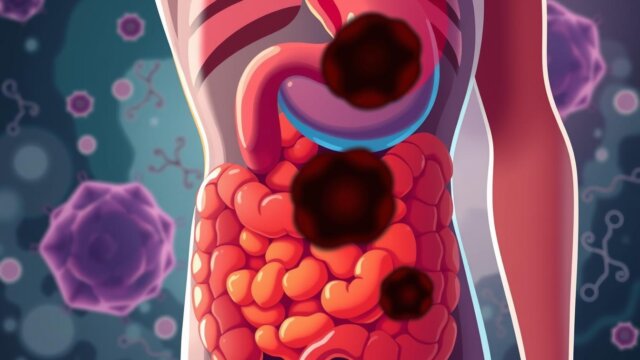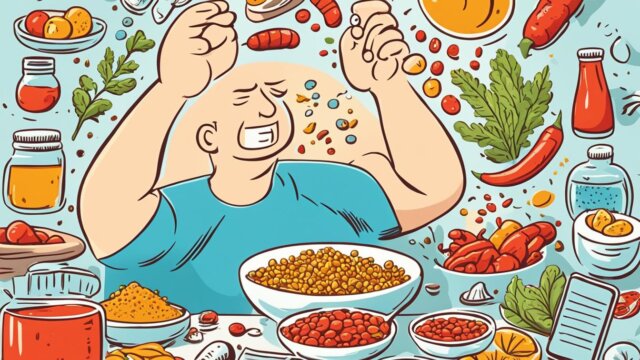FTC disclaimer: This post may contains affiliate links and we will be compensated if you click on a link and make a purchase.
Did you know most adults in the U.S. eat only 10-15 grams of fiber daily? This falls far below the needed 25-38 grams a day for better health, depending on your age and gender. Fiber is key for a strong digestive system. It keeps your bowel movements regular, boosts gut health, and can even lower bad cholesterol and sugar levels.
Fiber is an important carb that our bodies can’t fully digest. Yet, it does wonders for our gut and fights off illnesses. Eating more fiber, especially from whole grains, can help you live longer without heart disease or cancer. The kind of fiber in foods like beans, oats, and flax helps cut down on cholesterol and stabilizes blood sugar too.
Key Takeaways
- Dietary fiber is essential for maintaining good digestive health and overall well-being.
- Many Americans fall short of the recommended daily fiber intake, which can have long-term consequences for gut health.
- Fiber helps normalize bowel movements, promotes overall bowel health, and can lower cholesterol and control blood sugar.
- Increasing fiber intake, especially from cereal sources, is associated with a reduced risk of chronic diseases like cardiovascular disease and cancer.
- Soluble fiber can help lower cholesterol and improve blood sugar regulation.
What is Dietary Fiber?
Dietary fiber, also called roughage or bulk, is the part of plant foods that our bodies can’t digest. It’s very important for keeping our digestive system healthy. Fiber comes in two types: soluble and insoluble fiber.
Soluble Fiber
Soluble fiber mixes with water. It’s good for lowering blood cholesterol and sugar, which helps with health conditions like high blood pressure or diabetes. Foods high in soluble fiber are oatmeal, chia seeds, nuts, and some fruits.
Insoluble Fiber
Insoluble fiber doesn’t mix with water. It helps move food through the body and adds bulk to your stools, which prevents constipation. You can find insoluble fiber in whole wheat products, quinoa, and nuts, among others.
It’s best to eat a mix of foods to get both types of fiber. This helps make sure you get all the health benefits. Also, some fiber can be broken down by the body, affecting things like digestion, blood sugar, and gut health.
“Eating a variety of plant foods ensures optimal fiber intake and health benefits.”
Benefits of a High-Fiber Diet
Adding more fiber to your meals helps your stomach and body feel better overall. It’s important for keeping your bowel movements in check and your gut healthy.
Normalizes Bowel Movements
Fiber makes your stool heavier and bigger, which makes it softer. This helps you go to the bathroom more easily and can stop constipation. A diet high in fiber also helps protect you from getting hemorrhoids or small pouches in your colon, called diverticular disease.
Helps Maintain Bowel Health
Choosing foods high in fiber might lower your chance of getting colorectal cancer. Plus, the fiber that your body ferments in the colon can prevent colon diseases.
Eating lots of fiber is key for a well-functioning digestive system. It keeps your bowel movements regular and your gut in good shape. So, adding foods rich in fiber to your meals every day helps you feel better and stay healthy.
“Fiber is essential for maintaining a healthy digestive system and promoting overall well-being.”
Recommended Daily Fiber Intake
Getting enough fiber each day is key to good digestion and feeling well. Adults 50 and younger should have 38 grams for guys and 25 grams for ladies every day. Those over 50 need a bit less, with 30 grams for men and 21 grams for women.
Yet, most adults in the U.S. only eat about 16 grams of fiber a day. This is way below what’s suggested. Eating enough fiber can boost your health in many ways. It improves how your bowels work, lowers cholesterol, and helps control blood sugar.
Keep in mind, the amount of fiber needed changes based on age, gender, and what you eat. For kids 1 to 18 years old, the fiber goal is 14 to 31 grams a day.
Most Americans don’t eat as much fiber as they should. But, there are plenty of foods rich in fiber to choose from. For instance, split peas have 16.4 grams in a cup. Lentils offer 15.6 grams, and black beans have 15.4 grams in a cup too. Adding lots of high-fiber fruits, veggies, grains, and beans to your meals is a great start. It can help you reach the right amount of daily fiber and keep your gut healthy.
Good Fiber Sources
Eating many high-fiber foods is key for good digestion and health. Whole grains, fruits, legumes, and nuts offer lots of fiber. This helps keep us healthy in many ways.
Whole Grains
Whole grains like whole wheat and oats are full of insoluble fiber. They keep our bowel movements regular and lower digestive problems. Plus, they have important nutrients such as B vitamins and iron, making them a smart choice for eating well.
Fruits and Vegetables
Fruits and veggies have both soluble and insoluble fiber, aiding your health in many ways. Berries, apples, and citrus fruits are amazing for fiber. Vegetables such as broccoli and artichokes also offer a good dose.
Legumes and Nuts
Legumes, like beans, are great for soluble fiber, improving our cholesterol and blood sugar. Nuts and seeds, too, are packed with fiber. Almonds, walnuts, and chia seeds are not just great for you but add a nice crunch to meals.
Adding these foods to your meals helps you get enough fiber and supports your digestive health. Gradually increase your fiber. This prevents tummy troubles.
Food Item | Fiber Content (per 100g) |
|---|---|
Crude Corn Bran | 79g |
Crude Wheat Bran | 43g |
Lentils | 7.9g |
Broccoli | 2.6g |
Apple (with skin) | 2.4g |
There are so many fiber-rich foods to pick from, all with different benefits. By mixing them into your meals, you can reach your daily fiber goal. This is great for your digestion and overall health.
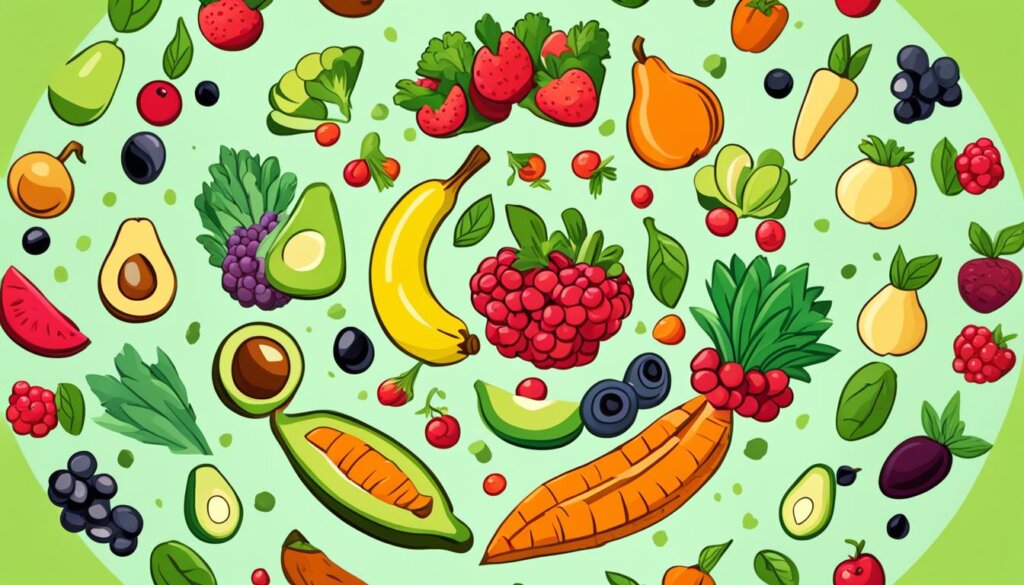
Tips for Increasing Fiber Intake
Eating more fiber is good for your stomach and makes you feel better overall. Yet, most Americans eat only 15 grams a day. This is much less than the suggested 25 to 30 grams.
To add more fiber to your meals, try these easy tips:
- Choose a breakfast cereal high in fiber, like one with 5 grams per serving.
- Use whole grains such as brown rice and oats instead of white bread and pasta.
- Put bran, oats, or wheat germ in things like muffins and bread to raise the fiber.
- Eat more beans, peas, and lentils. They are full of fiber.
- Snack on fruits, veggies, and nuts. They’re tasty and good for you.
Don’t forget to add fiber to your diet slowly and to drink a lot of water. This helps stop tummy troubles.
By doing these things, you can reach the right amount of daily fiber. This will make your stomach feel better.
“Eating a lot of fiber is great for your stomach and makes you healthier. It helps keep your bathroom trips regular, your gut happy, and might lower disease chances.” – A Dietitian
The right amount of fiber changes depending on how old you are and if you are a man or a woman. For example, women should aim for 25 grams a day, and men need about 38 grams.
Adding more fiber-rich foods to your meals is an easy way to get healthier. Small changes can make a big difference, so remember that when trying to eat more fiber.
Importance of Fiber for Gut Microbiome
Dietary fiber is key for keeping your gut’s mix of bacteria healthy and varied. Fiber serves as a prebiotic, giving important fuel for the good bacteria in your gut. These bacteria, also known as the gut microbiome, help with immunity, getting nutrients, and keeping digestion working well.
When your diet lacks fiber, it can hurt the good bacteria in your gut. This can cause an imbalance, making some bacteria outgrow others. This imbalance, called dysbiosis, can lead to many problems. This includes obesity, swelling, and higher chances of cancer or heart disease.
Fueling Beneficial Gut Bacteria
Fiber is like food for the good bacteria, making them grow and work better. Good bacteria like Bifidobacteria and Lactobacilli turn fiber into things like butyrate. Butyrate is known to help fight inflammation and stop cancer.
Eating lots of different fiber-rich foods is great for your gut. Things like whole grains, fruits, veggies, and legumes help make your gut’s bacteria team strong and varied. A diet high in fiber does more than help digestion. It boosts your immune system, and might even make you feel happier.
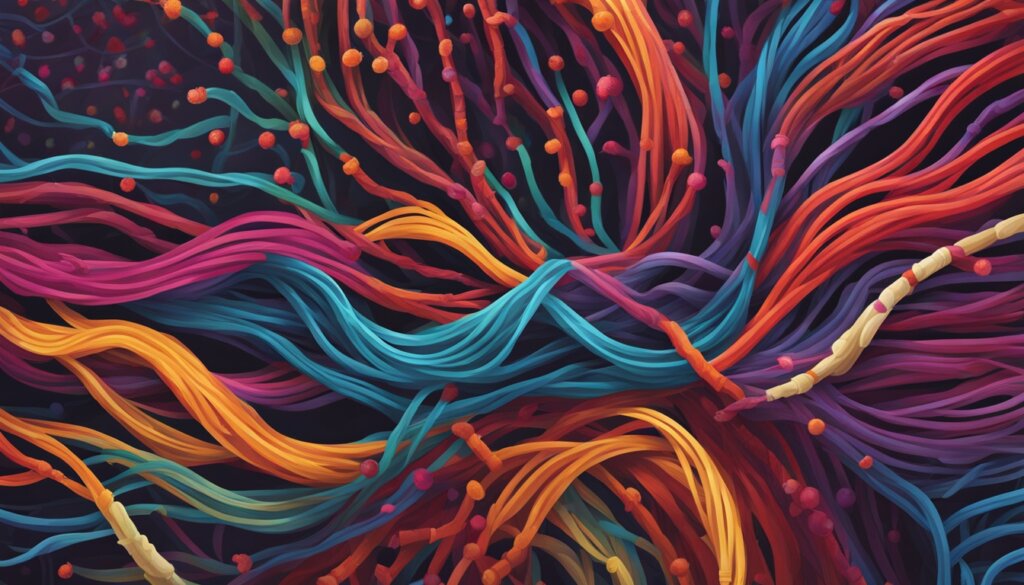
“Fiber acts as a fuel source for the beneficial bacteria that reside in the gut, helping them to thrive. A diverse and well-balanced gut microbiome is essential for proper immune function, nutrient absorption, and overall digestive health.”
Adding more fiber to what you eat is a smart move for your gut and overall health. Prioritizing fiber is a big step towards better digestion and health.
Types of Dietary Fiber
Fiber is key for a healthy diet and helps your digestion and health. There are two fiber types: soluble and insoluble. Knowing about each type can lead to a better fiber diet.
Soluble vs Insoluble Fiber
Soluble fiber mixes with water making a gel in your stomach. It’s great for lowering cholesterol and keeping your blood sugar steady. Find soluble fiber in oats, apples, nuts, seeds, legumes, and berries.
Insoluble fiber doesn’t mix with water. It adds bulk to your waste, which helps keep you regular. You can get it from whole grains, veggies, and nuts. Remember, both types are important for a healthy gut, so eat a mix of high-fiber foods.
Soluble Fiber | Insoluble Fiber |
|---|---|
Dissolves in water, forming a gel-like substance | Does not dissolve in water, adds bulk to stool |
Helps lower cholesterol and stabilize blood sugar levels | Promotes regular bowel movements |
Good sources: oats, apples, nuts, seeds, legumes, berries | Good sources: whole grains, vegetables, nuts |
Both soluble and insoluble fiber are vital for good digestion and health. Snacking on a variety of fiber-rich foods is the best way to get all the benefits from fiber.
Fiber and Digestive Health Issues
Dietary fiber is key for a healthy digestive system. Many people face digestion problems like constipation and IBS, affected by how much fiber they get.
Constipation
Fiber helps with constipation by adding bulk to your stool. If you don’t get enough fiber, constipation occurs. This means you might not go often, or it’s hard to.
Eating more insoluble fiber, such as wheat bran, plus drinking more water can ease constipation.
Irritable Bowel Syndrome (IBS)
Fiber also aids those with IBS, easing symptoms like stomach pain, bloating, and bowel problems. A steady fiber diet and lifestyle changes might make IBS better.
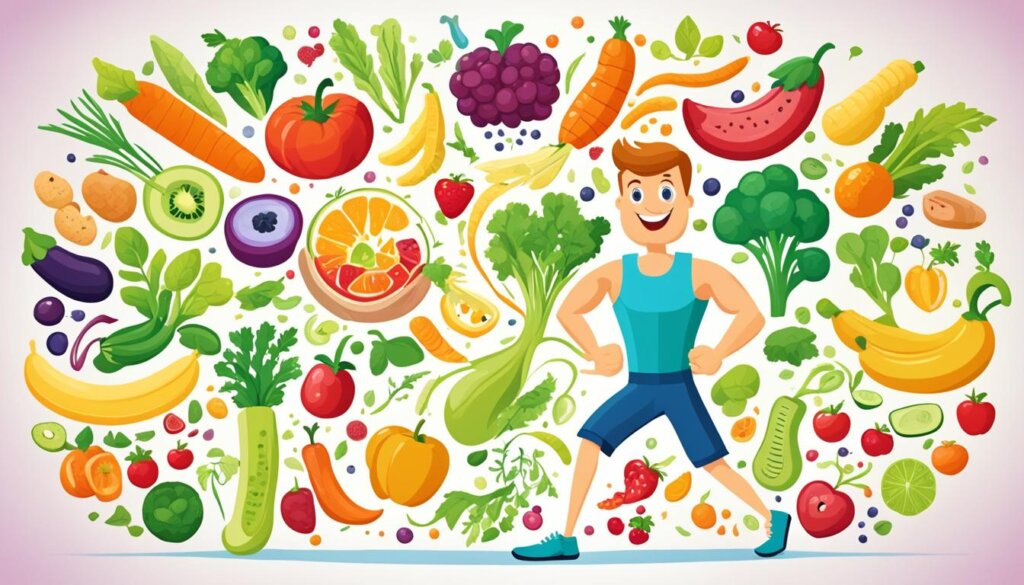
For some with IBS, a diet rich in both soluble and insoluble fibers could be beneficial. Yet, it’s best to talk with a doctor to find the right fiber plan for you.
“Eating more fiber might lessen constipation, but its benefits depend on the kind of fiber.”
By learning more about fiber and adding fiber-rich foods to what you eat, you can boost your digestive health.
Risks of Excessive Fiber
While fiber has many health perks, too much too fast can cause issues. You might get gassy, feel bloated, or have cramps from too many fibrous foods. It’s best to slowly add fiber to your diet. This lets your gut get used to it. Also, drink lots of water with your fiber. This helps it work better and keeps your poop soft.
For some people, like those with gut problems, less fiber is better. One study showed that cutting back on fiber can make you go to the bathroom more often. It also helps reduce bloating and stomach pain.
The right fiber amount changes with age, sex, and if you’re pregnant. If you eat around 2,000 calories a day, aim for 28 grams of fiber. Guidelines suggest about 14 grams of fiber for every 1,000 calories you eat. But, most people in the U.S. don’t get enough fiber according to the latest health advice.
Demographic | Recommended Daily Fiber Intake |
|---|---|
Women (50 years or younger) | 25 grams |
Women (over 50) | 21 grams |
Men (50 years or younger) | 38 grams |
Men (over 50) | 30 grams |
Eating fiber in your food is better than taking pills, says the British Heart Foundation. It can lower your chances of heart issues, diabetes, and being overweight, a review says.
Still, not getting enough fiber is bad too. Strive for a good mix and add more fiber slowly. It’s key for better digestion.
Importance of fibre in digestion
Fiber is key for good digestion. It keeps your bowel movements regular and helps avoid constipation. Plus, it supports the good bacteria in your gut, which is important for staying healthy.
Eating plenty of high-fiber foods is vital for a healthy gut and overall health. The 2020-2025 Dietary Guidelines say we should get 28-34 grams of fiber a day. Sadly, most Americans don’t get enough fiber in their diets.
Getting enough fiber might lower your chance of heart disease and cancer. Eating fiber-rich foods like cereals could even help you live longer. Soluble fiber, in foods like beans and oats, can lower your cholesterol. Insoluble fiber, found in wheat and vegetables, helps keep your bowels healthy and fights constipation.
Fiber comes from whole grains, fruits, vegetables, beans, nuts, and seeds. Processed foods have less fiber than whole foods. Some people might need fiber supplements due to health issues, like IBS, constipation, or diarrhea. You can also eat foods with added fiber, like “inulin,” to boost your intake.

Getting enough fiber regularly is vital for your gut health. Studies show it may lower your cancer risk. And, getting the right amount of total fiber could help you live longer, as a study in 2022 found.
Fiber Intake Recommendations | Women | Men |
|---|---|---|
Ages 19-50 | 25 grams/day | 38 grams/day |
Ages 51+ | 21 grams/day | 30 grams/day |
But, remember, too much fiber at once can lead to bloating and other problems. Drinking enough water is key. Good sources of fiber are things like oats, apples, and whole grains.
To boost your health, aim to eat a variety of foods high in fiber every day. This will help keep your digestion and health in check.
“Fiber is the unsung hero of digestive health, playing a crucial role in regulating bowel movements, fueling gut bacteria, and promoting overall well-being.”
Fiber Supplements vs Whole Foods
Deciding between fiber supplements and whole foods for more fiber is important. Fiber supplements might be easy to use, but whole foods give better health.
Supplements like psyllium, oat gum, and guar gum do have their benefits. Psyllium helps control blood sugar in people with type 2 diabetes. Oat gum can lower cholesterol in healthy folks. Guar gum might help lose weight quicker if you have certain health issues.
But, high-fiber whole foods have more than just fiber. They’re packed with various nutrients, vitamins, and minerals. Such foods are essential for overall health.
Whole foods include fruits, veggies, whole grains, legumes, and nuts. These foods provide a mix of fiber types. They help keep your digestion healthy. Eating more of these foods has been linked to lower chances of heart disease, certain cancers, and type 2 diabetes.
If you can’t reach your fiber goal with just food, your doctor might suggest a supplement. But, don’t forget, whole foods should be your main fiber source. They boost your health more than supplements alone.
“Fiber supplements can be a convenient way to increase your fiber intake, but they don’t provide the same range of nutrients, vitamins, and minerals as high-fiber whole foods.”
Conclusion
Dietary fiber is key for good digestive health and well-being. The word “dietary fiber” came about in 1953. Hippocrates, way back in 430 BC, talked about how wheat can help you go to the bathroom.
Eating more fiber is linked to a lower risk of heart problems, according to studies. Prebiotics are foods that help good bacteria grow in your gut. Since ancient times, people ate such foods regularly. Men who hunted likely got 135 grams of inulin daily.
Eating lots of fiber is great for your health. The National Institute of Nutrition wants us to eat 30-40 grams of fiber every day. Add more fiber to your meals slowly. Focus on whole foods that are high in fiber. This way, your stomach will be happier, and you’ll feel better over time.
Most Americans don’t eat enough fiber daily. But, it’s very important. Fiber helps keep you regular, makes your gut healthy, and feeds the good bacteria in your gut. Without enough fiber, you might have tummy problems like constipation or diverticulosis. To do better, eat more foods packed with fiber. This will boost your stomach’s health and help you enjoy life more.
FAQ
What is dietary fiber and why is it important for digestive health?
Dietary fiber is a carb the body can’t digest. It’s key for gut health and makes digestion work well. Fiber helps with smooth bowel movements, stops constipation, and lowers disease risks.
What are the different types of dietary fiber?
There’s soluble fiber, which dissolves in water, and insoluble fiber, which doesn’t. Soluble fiber helps your heart and blood sugar. Insoluble fiber makes food move through your body and adds bump to stool.
What are the benefits of a high-fiber diet?
Eating lots of fiber keeps your bowels regular and healthy. It can prevent hemorrhoids and colon issues. High fiber might also lower your cancer risk.
What is the recommended daily fiber intake?
Adults should aim for 25 to 38 grams of fiber each day, depending on age and gender. After 50, you need a bit less.
What are good sources of dietary fiber?
You can find fiber in whole grains, fruits, veggies, beans, and nuts. Try to avoid foods that are refined, like canned fruits, white bread, and non-whole-grain cereals. These have much less fiber.
How can I increase my fiber intake?
For more fiber, pick high-fiber cereals and add whole grains. Put bran, oats, or wheat germ in your baking. Beans, peas, lentils, fruits, veggies, and nuts make great snacks.
How does dietary fiber support the gut microbiome?
Fiber feeds the good bacteria in your gut. A healthy gut helps your body absorb nutrients and fights off sickness.
What are the differences between soluble and insoluble fiber?
Soluble fiber helps with cholesterol and blood sugar. Insoluble fiber makes your stool bigger and keeps you regular.
How can dietary fiber help with digestive health issues like constipation and irritable bowel syndrome (IBS)?
Eating more fiber, especially insoluble fiber from wheat bran, can ease constipation. It’s also good for people with IBS. A steady amount of fiber and some lifestyle changes can make IBS better.
Are there any risks associated with consuming too much fiber?
Too much fiber too quickly can cause gas, bloating, and cramps. Add fiber to your diet slowly to avoid these problems.
